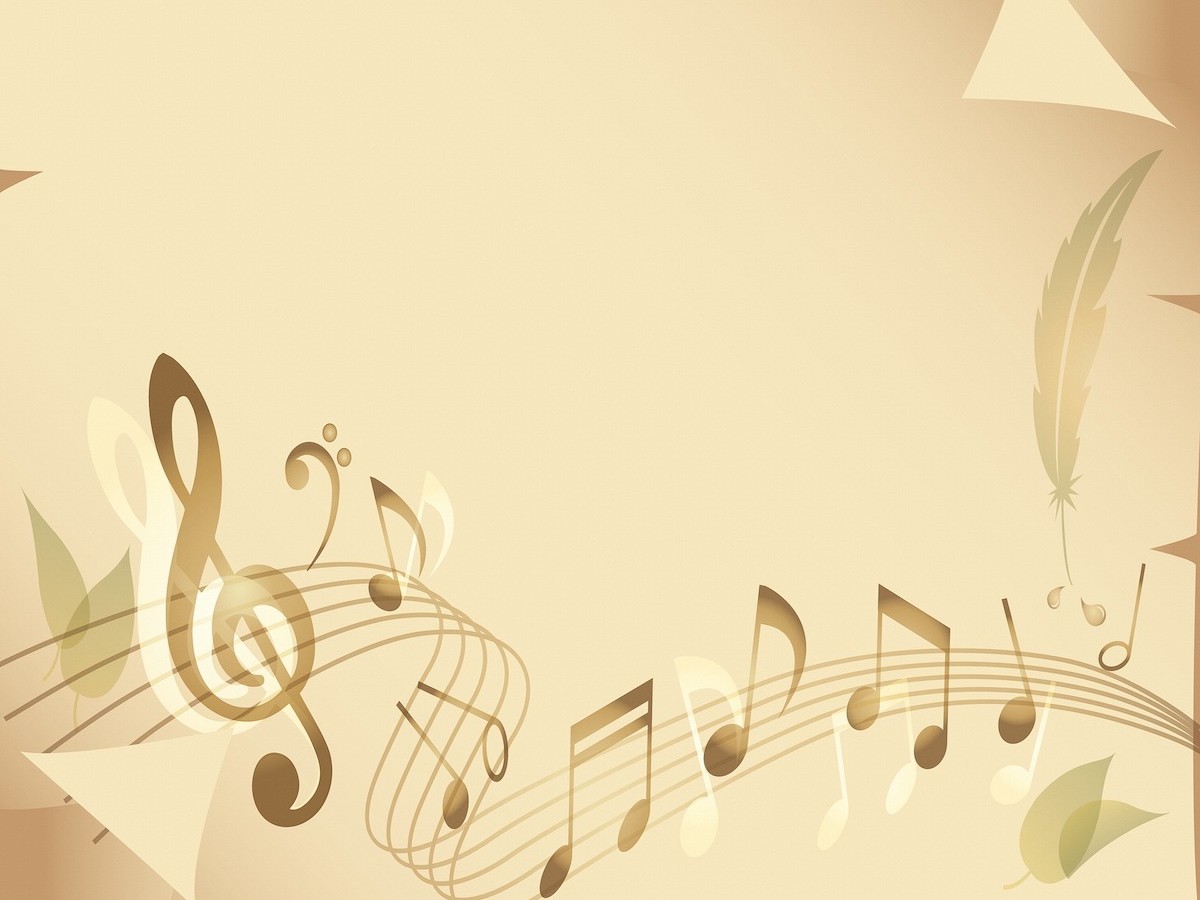Some pieces of music live in their own universe. For a few minutes, the musician allows you to be a part of their microcosmos. By the time the song ends, it has become a part of you.
When I go and look for these types of songs, I can’t find them. But every once in a while, they find me.
It happened a few days ago when “I Will Wait for You” by Josh Radnor serendipitously crossed my path. After watching a few of my favorite live performances, I went into the kitchen and left YouTube on Autoplay. When I got back, I was welcomed by the soft fingerpicking of “I Will Wait for You.” Somewhere in an impalpable world, things seemed to stir.
It was the first time I heard the song, but there was an instant feeling of recognition. I wondered whether it was the poetry of the lyrics, the tenderness of the melody, or the pureness of the singer’s voice. Then I realized all these things served a purpose—to tell a story in the most genuine, heartfelt way.
Stories come in all shapes and sizes. The well-told ones help us connect, both with each other and with ourselves. They are frameworks we use to make sense of life. We need these scaffoldings to fathom who we are, why we’re here, and what’s going on around us. I don’t believe we’ll ever be able to fully understand these things, but it’s paramount that we keep trying. Stories are indispensable in our never-ending quest to find the meaning of life (and perhaps the meaning of life is to try and give meaning to it).
Our brains love good storytelling—we prefer character-driven, emotion-ridden stories. They often help us understand the thoughts and feelings of others. Reading literary fiction is proven to increase empathy, and a vivid, personal narrative may change the way in which we see the world. But a story can only create empathy and connection if the narrator is willing to speak their truth and be vulnerable, open, and sincere.
Although I wasn’t familiar with Josh Radnor’s work, his song resonated with me at a profound level. It propelled me into a short journey full of lasting emotions and truths. “I Will Wait for You” is an intimate story, but it’s also a tale of two people, somewhere in this world, at any given time. It can be about someone you know or have yet to meet. And it’s brilliantly told.
In my experience, music and language are powerful storytelling tools. I’ve used both. I started playing guitar almost 26 years ago—when I was eight years old—and took lessons for 10 years. Throughout college, I was in jazz and folk bands as a lead singer and guitarist. We regularly performed at festivals and in theaters, and I wrote a lot of songs. But I also filled the pages of my notebooks with fiction, essays, and articles. Stories kept presenting themselves, and I wanted to tell them in one way or another.
In my early twenties, I hit a crossroads. I got an opportunity to pursue a career in music—a serious offer my musician friends urged me to seize. But as happens in life, I had to choose. Saying yes meant I had to pass on a great creative writing opportunity that had crossed my path around the same time.
Words are my gateway to understanding life, so I chose writing. Now, over a decade later, I’m still happy I made that decision. As a professional writer, I get to hear and tell amazing stories every day.
But, in the words of Nietzsche, “Without music, life would be a mistake.” In my spare time, I still play, sing, and write songs. Not every story I share has to be part of my career. Telling stories is something you do because you can’t not do it. The right storytelling tools find you at the right time, and you don’t have to pick just one. Like language, music is a means to an end.
And as long as a story is genuine and says something about the human condition, it can be about anything—politics, poverty, racism, grief, sadness, or love.
Some wonder if it’s okay to tell a story about love in such tumultuous times. I get their concern. But, provided you don’t use it as an excuse to ignore the suffering and pain of those around you, I believe it’s fine—necessary even. Besides evoking empathy, stories about love encourage us to look beyond ourselves. And that’s what a lot of people need, especially now. In the past year, we have watched the world crumble. A story like “I Will Wait for You” shows that love can’t be defeated—not even by time or lockdowns. It helps us feel part of a bigger whole.
That feeling is no illusion. As I tell stories for a living (other people’s and my own), I often get a glimpse into the miraculous ways in which we’re interconnected. The universe is a well-oiled machine, and no cog exists in itself. Sometimes someone shines a light on one of the countless invisible threads that bind us together.
Josh Radnor uses music to do so. After hearing his song, I tried to Google the story behind it. Instead, I found an article on Thrive Global in which he writes that ‘story’ unites everything he does, and as a songwriter, he’s telling three-to-four minute stories set to music.
When I finished reading, I replayed the song. Once again, its quietness and honesty struck me. Music and words—the storyteller’s tools—tend to be more powerful when they’re subtle. “I Will Wait for You” contains profound emotions and timeless truths, interwoven into a narrative. And that’s why the story continues to reverberate long after the song has ended.
You can find “I Will Wait for You” by Josh Radnor here.


